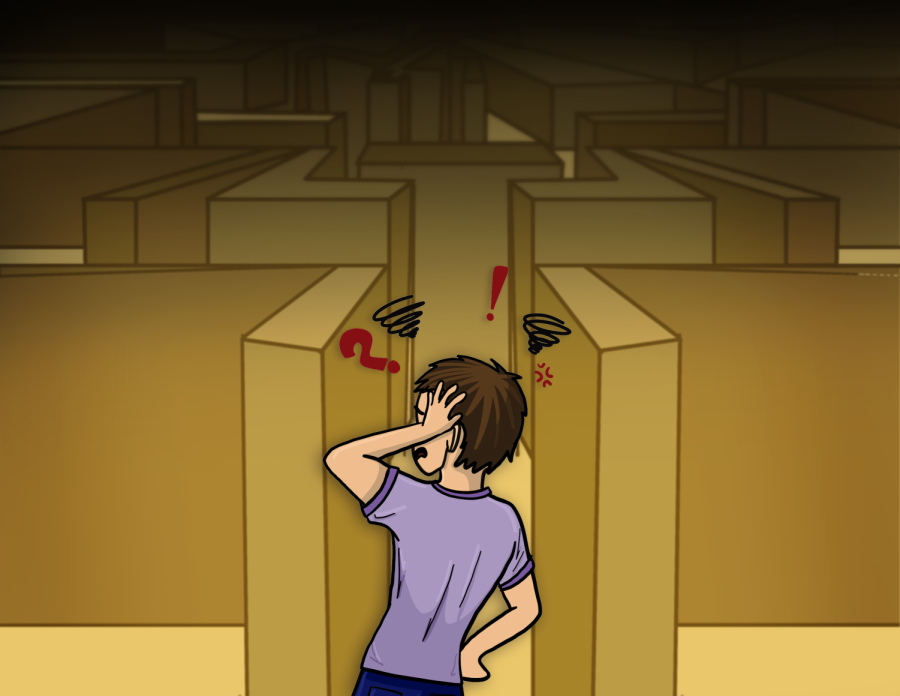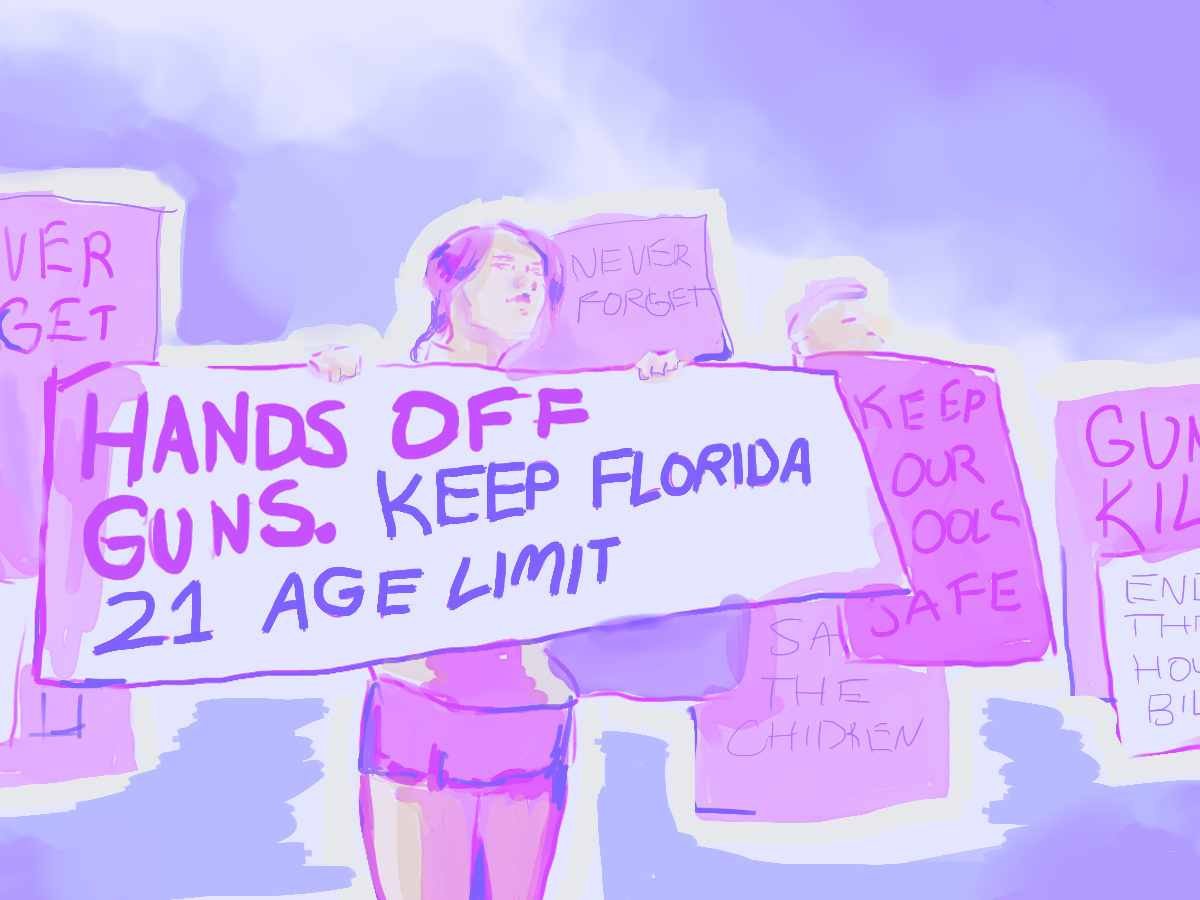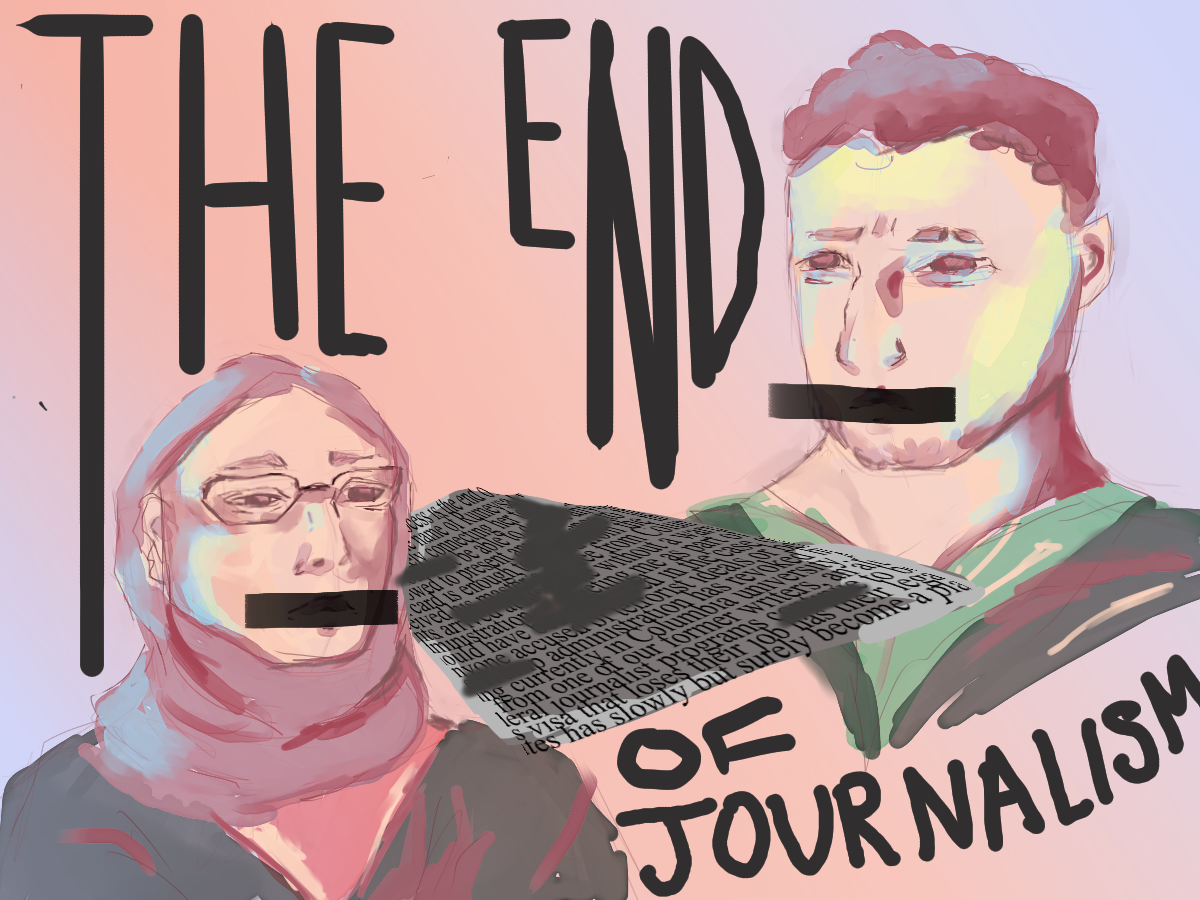[Opinion] Everyone should give therapy a chance
Teens struggle to navigate the anxieties of everyday life which can be helped with therapy.
January 5, 2022
Most people would agree that the productivity of each individual is important for building an organized and successful society. However, the issue with this idea is that humans in general are often expected to become certain members of society without the tools to do so.
Especially at a young age, we are given rules that are told will help us succeed. Unfortunately, guidelines such as “share your toys” and “keep your hands to yourself” do not nearly give us the emotional instruments to conquer struggles we face as teenagers and adults.
According to a 2017 article published in the Scientific American, nearly everyone develops at least one diagnosable mental disorder at some point in their life. The majority of these people, specifically those with symptoms like mild anxiety or depression, will never be diagnosed. They will simply struggle with the internal battles that they are forced to face each day, convinced that their issues are not severe enough to seek help.
Even those without diagnosable mental disorders face ongoing issues in their lives. We all experience anxiety, stress, anger and sadness. These feelings are impossible to ignore. Basic human nature encompasses thriving off of support from loved ones, which can include the recognition of being heard. Therapy provides a safe space for anyone, regardless of their emotional background, to express and work on their own well-being.
The goal of therapy is to help patients by working through their internal or external struggles from the inside out. Several people do not realize that much of what goes on in their lives are simply a projection of themselves. Therefore, by working on your own mental health, you can learn to better manage your personal and professional life.
For some with unresolved issues or traumas, it may be more difficult to navigate daily life with the burdens of their past still controlling them subconsciously. Therapists often begin by exploring a patient’s deeper internal conflicts and resolving them.
For example, Marjory Stoneman Douglas High School students all suffered tremendously after the tragedy that occurred on Feb. 14, 2018, with many experiencing PTSD and other issues that often occur after a trauma. Those who never got the help they needed in order to heal from this trauma may still be struggling.
Another factor to consider is an individual’s lack of coping mechanisms, which impacts those around them. No one wants to feel like a burden to friends and family just as no one wants to be burdened.
Unfortunately, both of these issues often occur when we do not have a designated person available to listen to our problems, causing us to lean on the people we care about for support. This is also known as “trauma dumping,” a term used to describe intense oversharing, which can leave everyone involved feeling distressed and helpless. This can sometimes be overwhelming for listeners. Venting to a friend or family member once in a while should not be a problem.
However, when an individual is concerning people constantly with their issues, relationships can often become toxic. Those who experience these issues have multiple options as far as finding a therapist that fits their individual needs.
Many are apprehensive about starting therapy because of stigmas that emphasize that affordable therapy options do not exist. However, most medical insurances cover therapy and offer their customers multiple therapists to choose from. As for those who cannot rely on medical insurance to cover therapy-related expenses, MSD offers students an effective alternative. Eagles’ Haven, located in Coral Springs, provides wellness experiences, crisis support, case management, trauma education, support groups and access to therapy, free of charge, for anyone in the MSD community.
Therapy provides individuals with that comforting ear we all need to cope with for our daily obstacles. It allows people to open up freely and get help without the fear of being judged or becoming a burden.
Regardless if either of these factors apply, therapy is still a very necessary activity that should be a part of everyone’s life. As a result, no one would have to navigate every one of their struggles in their own lives.













